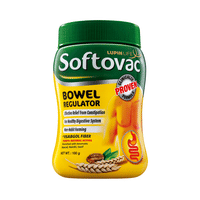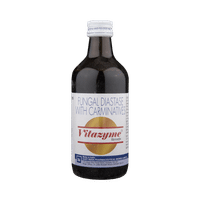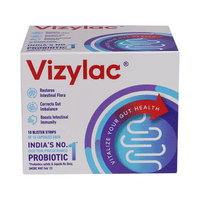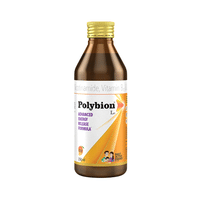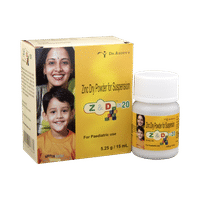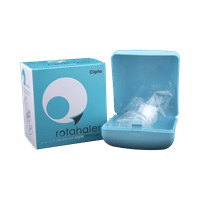Rs.56.20for 1 strip(s) (10 capsules each)
food interaction for T Cillin Plus
alcohol interaction for T Cillin Plus
pregnancy interaction for T Cillin Plus
lactation interaction for T Cillin Plus
food
alcohol
pregnancy
lactation
T Cillin Plus Forte Capsule may be taken with or without food, but it is better to take it at a fixed time.
Take it preferably half to one hour before food.
None
Take it preferably half to one hour before food.
None
CAUTION
It is not known whether it is safe to consume alcohol with T Cillin Plus Forte Capsule. Please consult your doctor.
CONSULT YOUR DOCTOR
Information regarding the use of T Cillin Plus Forte Capsule during pregnancy is not available. Please consult your doctor.
CONSULT YOUR DOCTOR
T Cillin Plus Forte Capsule is safe to use during breastfeeding. Human studies suggest that the drug does not pass into the breastmilk in a significant amount and is not harmful to the baby.
SAFE IF PRESCRIBED
SALT INFORMATION FOR T Cillin Plus
Ampicillin(500mg)
Uses
Ampicillin is used in the treatment of bacterial infections.
How it works
Ampicillin is an antibiotic. It kills bacteria by preventing them from forming the bacterial protective covering (cell wall) which is needed for them to survive.
Common side effects
Vomiting, Nausea, Diarrhea, Skin rash, Itching, Urticaria, Hemolytic anemia, Decreased white blood cell count (lymphocytes), Low blood platelets, Hepatitis (viral infection of liver), Cholestatic jaundice, Pseudomembranous colitis, Hemorrhagic colitis, Prolonged bleeding, Increased prothrombin time, Erythema multiforme, Stevens-Johnson syndrome, Toxic epidermal necrolysis
Lactobacillus(60Million spores)
Uses
Lactobacillus is used in the treatment of diarrhea.
How it works
Lactobacillus is a probiotic. It works by restoring the balance of good bacteria in the intestine that may get upset after antibiotic use or due to intestinal infections.
Common side effects
Bloating, Flatulence
SUBSTITUTES FOR T Cillin Plus
2 Substitutes
2 Substitutes
Sorted By
 Rs. 58same price
Rs. 58same price Rs. 56save 3% more per Capsule
Rs. 56save 3% more per Capsule
Expert advice FOR T Cillin Plus
- Ampicillin is used to treat infections caused by bacteria.
- Finish the prescribed course, even if you start to feel better. Stopping it early may make the infection come back and harder to treat.
- Diarrhea may occur as a side effect. Taking probiotics along with Ampicillin may help. Talk to your doctor if you notice bloody stools or develop abdominal cramps.
- Stop taking this medicine and inform your doctor immediately if you develop an itchy rash, swelling of the face, throat or tongue or breathing difficulties while taking it.
Frequently asked questions FOR T Cillin Plus
Ampicillin
Q. Can Ampicillin cause allergic reaction?
Although it is rare but yes, Ampicillin can cause allergic reaction and is harmful in patients with known allergy to penicillins. Get emergency medical help if you have any of the signs of an allergic reaction: hives; difficulty breathing; swelling of your face, lips, tongue, or throat.
Q. Can the use of Ampicillin cause diarrhea?
Yes, the use of Ampicillin can cause diarrhea. It is an antibiotic and it kills the harmful bacteria, however, it also affects the helpful bacteria in your stomach or intestine and causes diarrhea. If diarrhea persists, talk to your doctor about it.
Q. How long does Ampicillin takes to work?
Usually, Ampicillin starts working soon after taking it. However, it may take around 2-3 days to make you feel better while taking Ampicillin.















